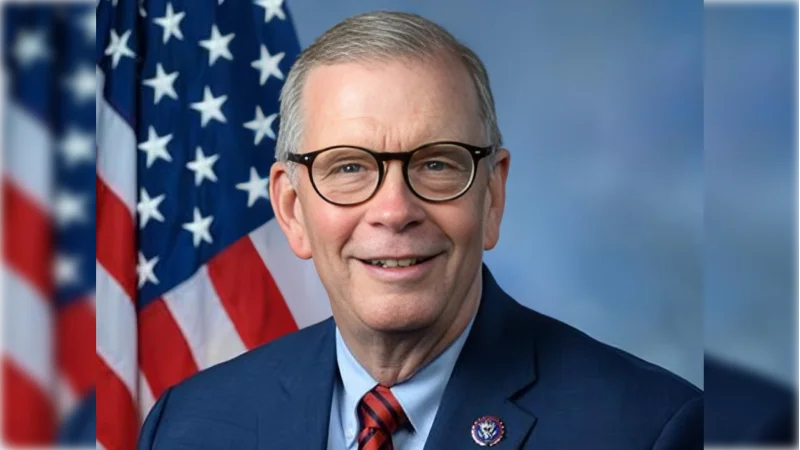Today, the House Education and Workforce Committee convened to mark up three proposed bills aimed at changing aspects of the Fair Labor Standards Act (FLSA) and workplace regulations. Chairman Tim Walberg (R-MI) led the session, outlining the goals of each bill under consideration.
"Today we will consider three bills to modernize the Fair Labor Standards Act (FLSA), support employees, and promote freedom and flexibility at workplaces around the country. While some of these ideas have already been implemented by the Trump administration, passing legislation provides clarity for businesses and avoids the confusion and burdensome regulations we saw under the Biden-Harris administration," said Walberg in his opening statement.
The first bill discussed was H.R. 2870, known as the Working Families Flexibility Act. This legislation would allow private sector workers to opt for compensatory time off instead of traditional overtime pay—a choice currently available only to public sector employees. "Today’s workers overwhelmingly value flexibility, and there is no reason private sector workers should have fewer choices than those in the public sector. I would like to thank Representative Miller for introducing this important legislation," Walberg stated.
Next on the agenda was H.R. 2312, called the Tipped Employee Protection Act. According to Walberg, existing laws do not clearly define tipped workers, leading to inconsistent interpretations across different administrations and courts. He criticized previous attempts by regulators to impose stricter requirements: "The Biden-Harris administration even attempted to impose overly complex timekeeping requirements that were nearly impossible to enforce. H.R. 2312, introduced by Representative Womack, gives businesses clarity and prevents them from being hampered by confusing regulations—all while protecting the rights of tipped workers."
The final measure considered was H.R. 2299, or Ensuring Workers Get PAID Act. This bill seeks permanent authorization for a Department of Labor program that allows employers to self-audit and report FLSA violations voluntarily. The program had previously returned wages owed to employees while lowering compliance costs for businesses during its earlier implementation under President Trump’s administration. "This successful program allows employers to self-audit and self-report FLSA violations...a win-win," said Walberg.
Walberg concluded: "These three bills together provide clear, modern, and flexible solutions that expand flexibility for families, boost earnings for tipped workers, and ensure workers get paid faster when payroll mistakes occur. Simply put, they are commonsense solutions that put workers and families first."









